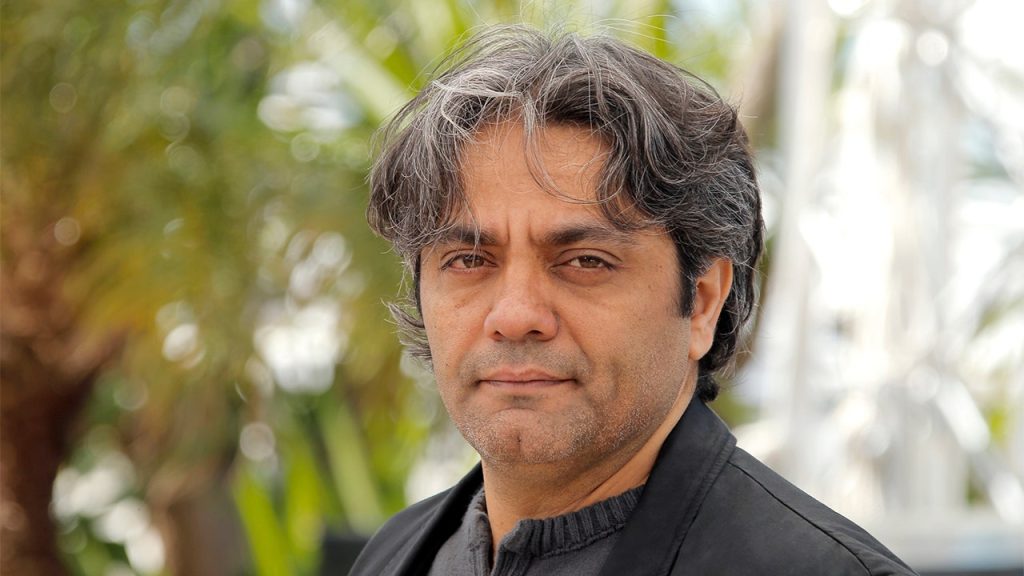Iranian director Mohammad Rasoulof, known for his film “There Is No Evil,” has been sentenced to eight years in prison and lashings just before his planned trip to the Cannes film festival. This comes as part of a wider crackdown on dissent in the country following mass protests, including those over the death of Mahsa Amini in 2022. Rasoulof and other artists had co-signed a letter urging authorities to “put your gun down” during demonstrations over a building collapse in Abadan that killed at least 29 people, leading to his sentencing for actions against national security.
Rasoulof’s lawyer, Babak Paknia, revealed that the sentence was issued due to the director signing statements in support of the Iranian people, along with his social media activities. The trial took place in Tehran’s Revolutionary Court, known for handling cases with Western ties that are later used in prisoner swaps by Iran. Critics have condemned these courts for not allowing defendants to choose their own lawyers or see the evidence against them in closed-door hearings. In addition to his prison term, Rasoulof also faces lashings, fines, and asset seizures.
The director had been scheduled to attend Cannes for the premiere of his new film, “The Seed of the Sacred Fig.” His previous film, “There Is No Evil,” won the Golden Bear prize at the Berlin Film Festival in 2020. However, Rasoulof was unable to accept the award in person due to a travel ban imposed on him by Iranian authorities. Shortly after receiving the award, he was sentenced to a year in prison for three films deemed by authorities as “propaganda against the system.”
Rasoulof has faced multiple prison sentences and film bans in Iran, with the country’s theocracy viewing Western-embraced artists as part of a “soft war” against its policies. Despite this, Iranian filmmakers are known internationally for creating daring, thought-provoking movies that shed light on life in the Islamic Republic. Another filmmaker, Saeed Roustayi, and his producer also faced legal action last year after traveling to Cannes to show their film “Leila’s Brothers.” This ongoing crackdown on artists, athletes, and celebrities reflects a broader trend of stifling dissent in Iran’s increasingly oppressive political climate.
The sentencing of Mohammad Rasoulof highlights the risks faced by artists and creators in Iran who dare to speak out against the government. The decision to imprison and lash him just before a major international film festival underscores the lengths to which authorities are willing to go to silence dissenting voices. Despite the challenges and dangers, many Iranian filmmakers continue to produce compelling works that challenge societal norms and shed light on pressing issues facing the country today. The international film community has a responsibility to stand in solidarity with Rasoulof and other artists facing similar persecution around the world.
It is crucial that the international community continues to pressure the Iranian government to respect freedom of expression and uphold the rights of artists and creators. By shining a spotlight on cases like Mohammad Rasoulof’s, we can raise awareness about the importance of protecting artistic freedom and human rights globally. As viewers, film enthusiasts, and supporters of creative expression, we must advocate for a world where artists can share their stories without fear of reprisal or censorship. The plight of Mohammad Rasoulof serves as a stark reminder of the power of art in challenging oppressive regimes and inspiring change.













